Tuesday
Complete these calculations. Remember to set them out correctly and exchange where you need to.

RIC

R: When did her mum drop her off?
I: How was she feeling when she had to wait at the gift shop for her mum? What makes you think this?
C: What is another word for disappointed?
Tuesday 25th February 2025
LC: To draw inferences around a character’s feelings and justify using point and evidence.
Task: Create an emotions graph for April up to chapter 6.

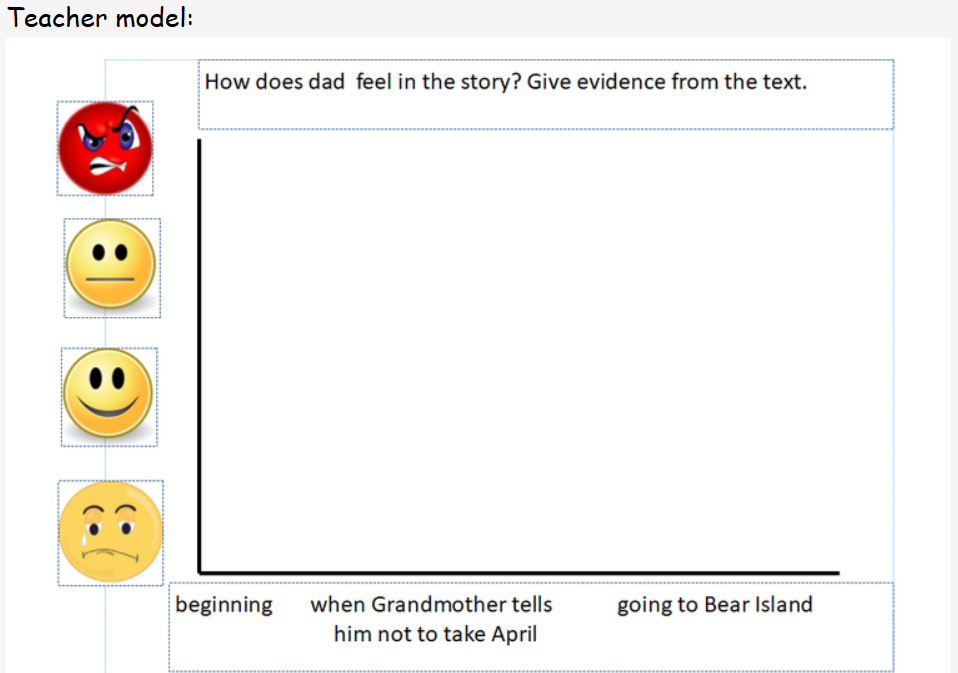
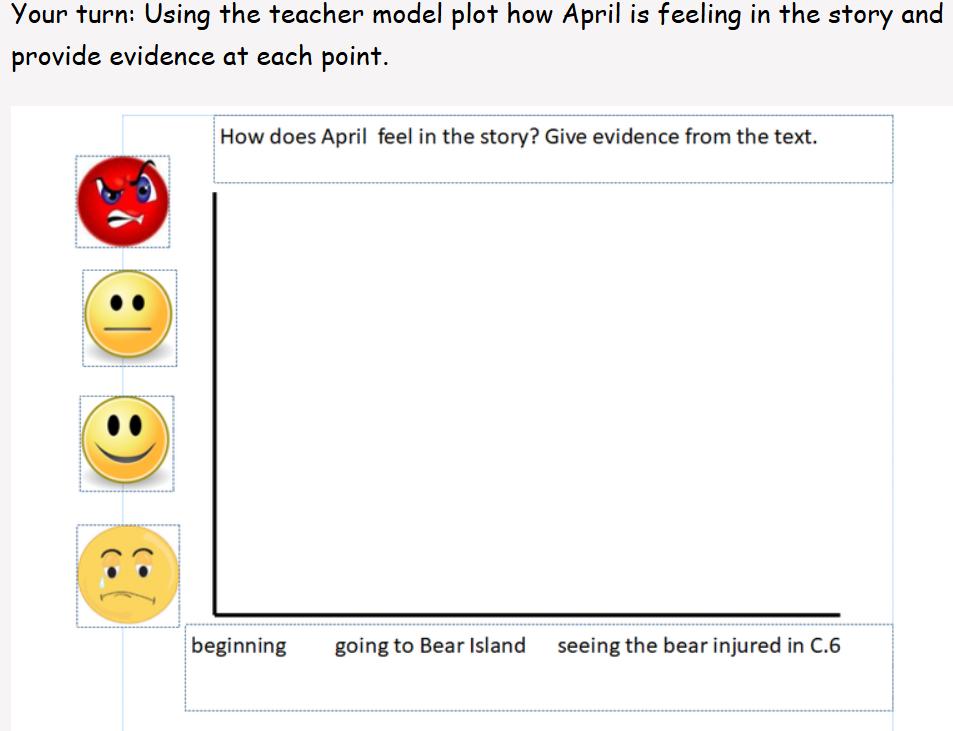
In full sentences, using point and evidence from the text answer the question below.
What evidence is there that April was nervous when she was travelling to Bear island?
Tuesday 25th February 2025
LC: To use active reading strategies.

Tell me what can you see?
Tell me more?
What led you to think that?
Who agrees?
Does anyone disagree?
What comes into your mind when you look at Dad? How is he feeling?
What comes into your mind when you look at April? How is she feeling?
Have you come across any characters like these before?
I can see... tell me more.

I can see... tell me more... I think...

Task: Now in your books, write what has happened so far (up to chapter 6) use your book to help you. Remember you do not need too much detail. You just need to write the most important parts.
25.02.25
LC- To convert minutes to seconds.
How many seconds are in a minute?
Do you think a minute is a long time?
What could you do in a minute?
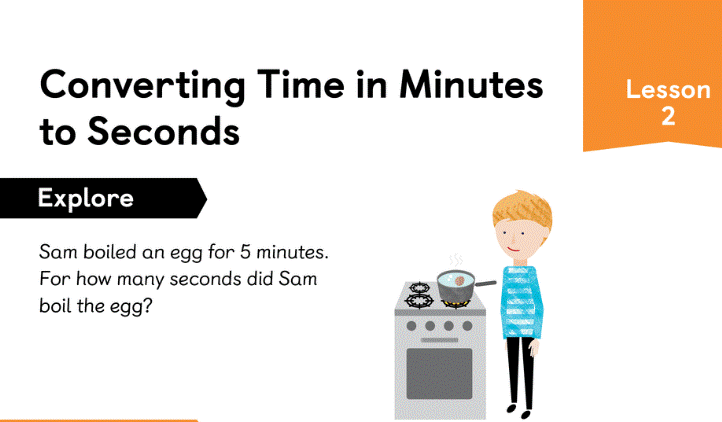
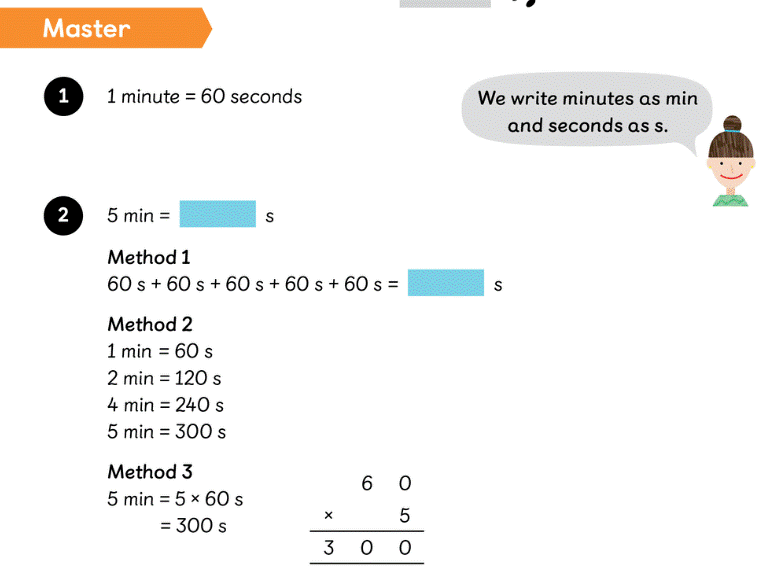
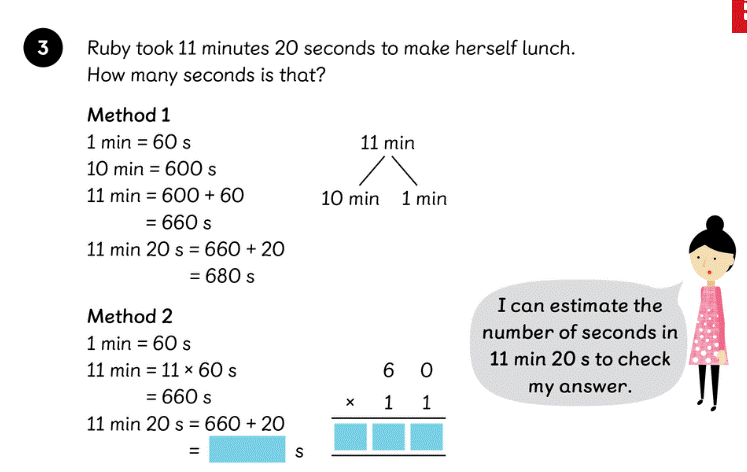
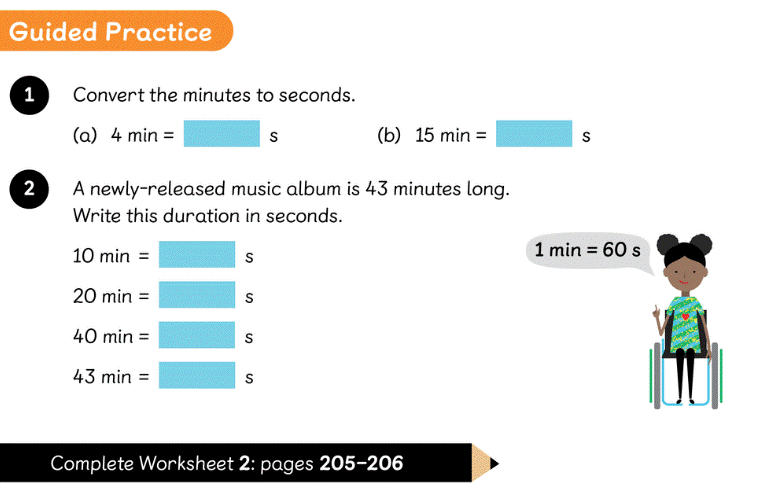
Tuesday 25th February 2025
LC: To explore the concepts of temptation and sacrifice.

Talk partners: Think, Pair, Share.
Temptation
What does the word temptation mean?
If I left a large pile of chocolate in front of you and I left the room, would you be tempted to take one? What if you knew I would never know?
What does sacrifice mean? Have you ever sacrificed anything?
How easy was it to do?
Explain your answers in your books.
Aims
To explore tips and techniques that help us to keep going when we are faced with pressure.
Assembly

Humans can achieve amazing feats in difficult, challenging and stressful circumstances. Can you name the achievements shown on the next three slides?
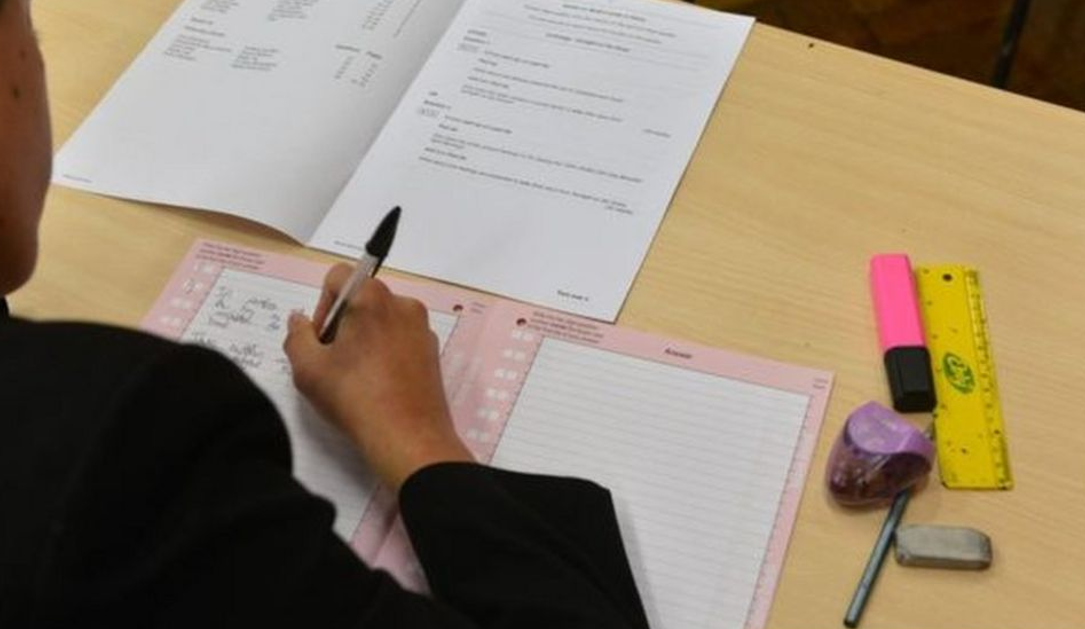
Not many of us have had the chance to climb Mount Everest, but we all face challenges every day, often in difficult and stressful situations.
Completing a piece of coursework in time for the deadline, despite our laptop crashing, is a good example! Even coming to school and completing homework can be an uphill struggle if we have lots of things going on at home that make life more difficult.
Keeping on learning despite the challenges that the pandemic has presented is another example. Without support or people to talk to, it can feel like climbing Everest.
- Some people have mastered the art of not giving up when the going gets tough. These are people who can keep going, and keep being productive, in tough circumstances. Some people even thrive under pressure. What can we learn from them?
In today’s assembly, we are going to be exploring some tips, techniques and ways of thinking that can help us when we are faced with challenges and stress. 
We know that prolonged exposure to stress, pressure and excessive workload is a key factor in reduced performance. It’s not true that the harder and longer we work, the better our work becomes.
To work out what people do to stay healthy and productive, scientists have studied how people respond to challenge and pressure. In fact, researchers have begun to study crews on board the International Space Station to find out more about how humans cope in a work environment when they are isolated and confined, and face extreme challenges. They have labelled such environments ‘ICE’, which stands for Isolated, Confined and Extreme.
Although none of us here have ever spent time on the International Space Station, many of us will identify with the ICE idea. Working hard to complete our homework and coursework can mean that we spend time alone, in our bedrooms or work spaces, facing the pressure of a deadline.- There are things that we can learn from people who have endured ICE environments and managed to maintain good well-being as well as produce results. One of these people is someone who is used to a different type of ‘ice’ environment.

Wim Hof, also known as The Iceman, has clocked up numerous Guinness world records for athletic achievements in freezing temperatures. He specializes in swimming in ice-cold water. In 2000, Hof set the Guinness world record for the furthest swim under ice, achieving a distance of 57.5 metres. Only the day before, a training session had ended when Hof’s corneas had started to freeze!
Hof attributes his resilience to a combination of meditation, breathing techniques and frequent exposure to cold. He says that these things help him to keep going when the going gets tough. - So, what can we learn from Wim Hof that can help us with our studies?
Remembering to breathe deeply when we feel stressed could be a helpful way to relax. We can think of breathing as a self-support tool. Spending two minutes being aware of our breathing and noticing how we are breathing – deep or shallow, fast or slow – is a way of meditating that uses our breathing to help us relax. - Another technique that we could use to cope with tough challenges is to gain a better view of stress and ways to manage it. Understanding stress helps in considering what skills, attitudes and approaches are best suited to sustaining performance under stress.

One way to think about stress is the transactional model, which focuses on measuring both the challenge and the resources that we have to respond. Stress is a result of the way in which we relate to what is happening around us. Individuals vary in how they measure a challenge that they face, and it is this measuring that affects whether we cope well with pressure.
When faced with a challenge, we complete a primary weighing-up to work out how much of a challenge we face. This stage is really important because it stops us from over-estimating the challenge ahead.
We then complete a secondary weighing-up where we look to ourselves and the resources around us to consider whether we have the means to cope with the challenge. This puts us in a better position to make a choice about the next steps:
- do we need to enlist further support or other resources?
- do we need to find a way to reduce the challenge?
If the challenge is completing a homework assignment in time, we could either ask for support from a teacher or we could use some helpful online tutorials to enlist further support. To reduce the challenge facing us, we could negotiate with our parents to reduce our household chores while we are working on the assignment, or we could speak to a teacher about an extension to the deadline. All of these approaches will help us to keep going when the going gets tough, in a way that enables us to manage the challenge without it overwhelming us. - A final tip about how to manage when the going gets tough is to think about positive coping strategies. These are not the short-term fixes that we often turn to, such as denial that there is a problem, or using things like our games console as a distraction.
Here are some positive coping strategies.
- Planning enables us to analyse what we can do to move forward.
- Using social support builds our resource network by enlisting help from parents, friends and teachers.
- Managing our physiological responses is something that we could achieve through, for example, the breathing techniques that we’ve already discussed.
- Positive reinterpretation enables us to see the cause of stress as a challenge and a growth opportunity rather than a threat.
Such approaches support us in the type of clear, calm thinking that enables our brains to continue problem-solving and working despite the difficulties that we face. - Importantly, success builds hardiness and resilience. The more practice we have at managing and performing when faced with challenge, the better our brains become at managing. Our brains are adaptable. Once we begin to use positive coping strategies, our sense of self-confidence about what we can achieve in the future becomes increasingly positive and our brains change as a result. We have proof that we have kept going when the going got tough, so our brain is more able to keep going when the going gets tough again in future.
Time for reflection
Challenge and difficulty are part of human life. Although we may feel alone when we face challenge and stress, deep down, we know that other people also face problems and setbacks. Remembering this can help us to feel more connected and compassionate towards ourselves.
For Christians, remembering that Jesus faced stress and challenge can be some comfort in realizing that they are not alone when the going gets tough. Jesus faced tough challenges when he was on earth. Christians believe that prayer is one form of support that they can use when they are facing tough circumstances.
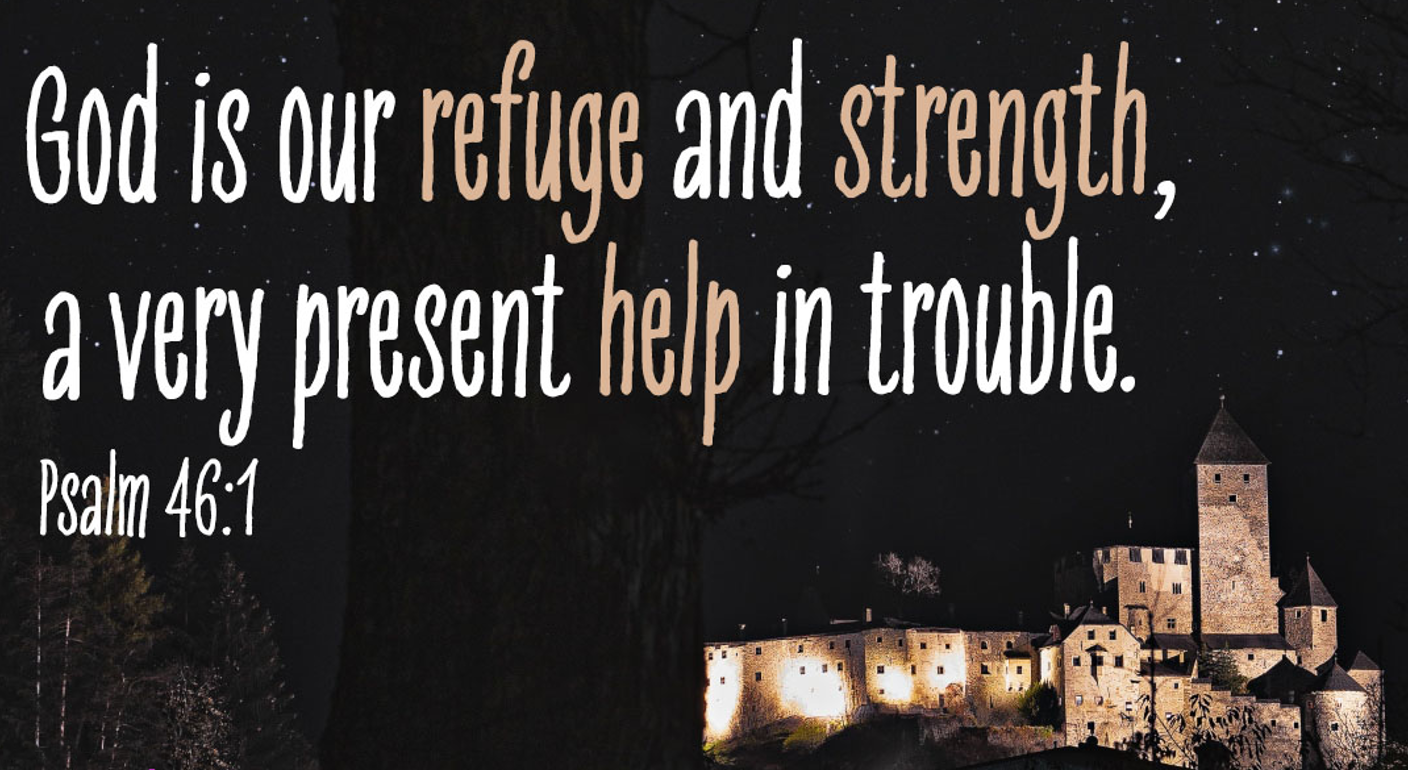
A verse from the Bible that many Christians like to read when they are facing challenges is found in Psalm 46: ‘God is our refuge and strength, a very present help in trouble.’

There is a story in the New Testament part of the Bible that describes how the disciples, Jesus’ friends, coped when faced with a tough challenge. They were out in a boat on calm waters when a storm began to break, and soon their lives were in danger. They responded by asking Jesus for help. He helped them immediately and soon everything was calm. The disciples learnt an important lesson about the importance of trust and faith.
Let’s take some time to reflect upon how we can keep going when the going gets tough, and how we might keep calm when we face challenges.
First, let’s reflect on the challenges that we expect to face today. Notice how you feel about these challenges.
Let’s take some deep breaths together. How does it feel to become aware of your breathing for a few cycles of breath? Does it help you to feel calmer and more relaxed?
Now, let’s reflect upon the support and resources that we could tap into today as we face challenges. There are plenty of people here in school who can help and support us.
Finally, let’s take a moment to consider those words from Psalm 46: ‘God is our refuge and strength, a very present help in trouble.’
What might these words mean to each of us when we face the storms and challenges of life today?
Prayer
Dear God,
Today, we will all face challenges.
For some of us, those challenges will be difficult, tough and even overwhelming.
We pray for calmness and peace as we approach these challenges.
We pray that some of the tips and techniques that we have learnt today will support us.
We pray, too, that when we feel like we are caught in the middle of a storm,
Your words will comfort and support us as we remember that:
‘God is our refuge and strength, a very present help in trouble.’
Help us, today, to keep going with the right support when the going gets tough.
May we always be willing to ask for help.
Amen.









